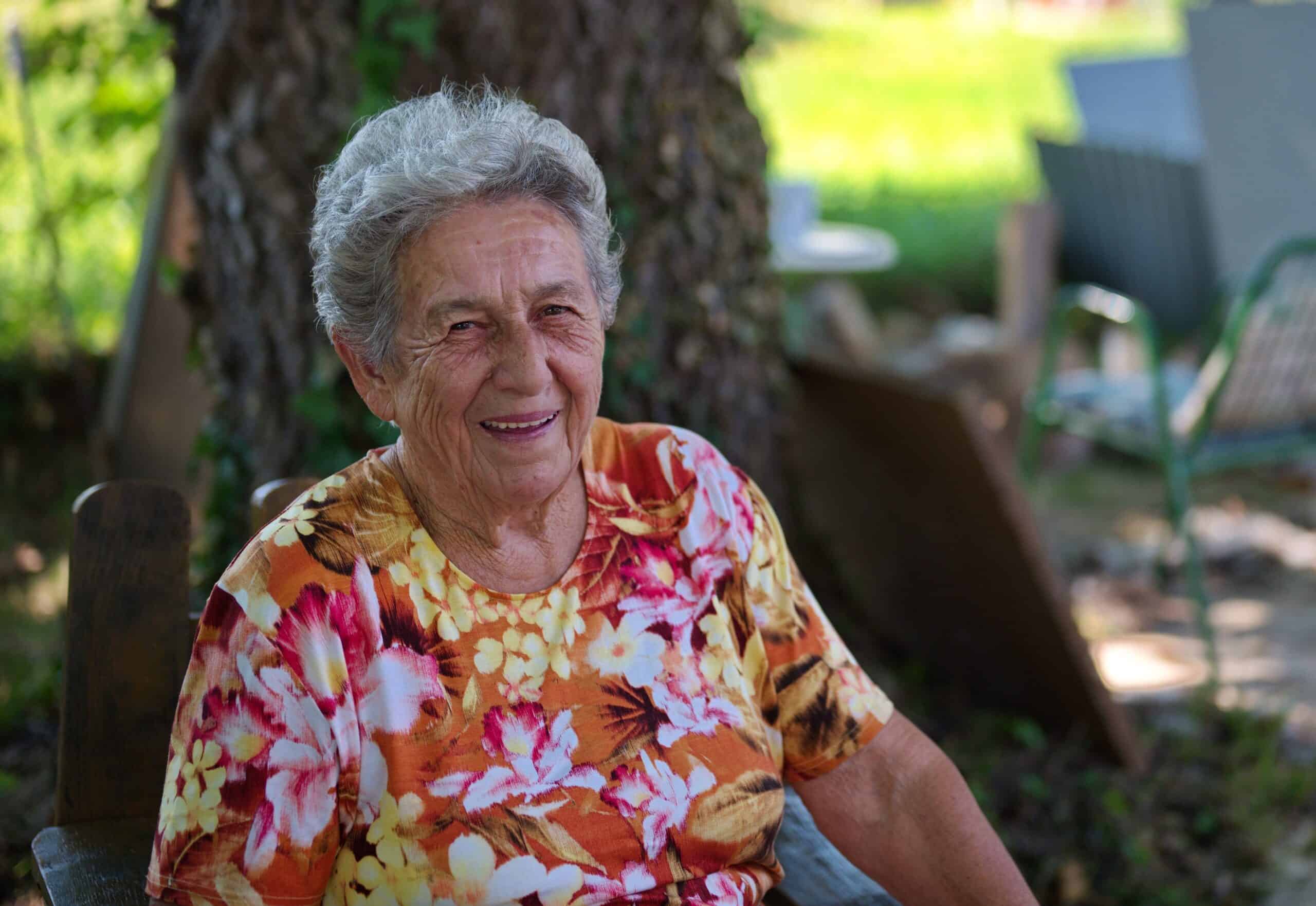Background Story XIII
Our finances were in dire straits. Financial services professionals must undergo extensive training and education to begin to help clients with their finances, and they must also find their own clients. It is essentially one’s own business. If ‘contracted’ with a company, office space must be rented. The contracted company will pay for the space if the financial services professional sells enough of their product.
The only product I sold was to myself. I bought almost $200,000 of whole life insurance, which is different from term life insurance because I will be able to keep it until I die. Term life is only for a period of time (typically 10, 20, or 30 years) and after age 70 goes away. Also, if one is unhealthy, one cannot buy it. Whole life is a little more forgiving of unhealthiness, but some people are ineligible for whole life insurance too.
Whole life obtained from a mutually owned insurance company is unique because the policy owner becomes part owner in the company (like owning stocks in a business) so that when the company does well, dividends are paid. If the policy holder chooses, these dividends can be applied to the policy, which pays off the policy quicker and increases the value of the policy. If the company from whom I purchased my policies continues to do as well as they have historically, my policies will no longer need the premium to be paid after seven years. And they will grow in value, so if I live to age 85, they may be worth about $300,000.
I also purchased whole life insurance for my grandchildren. By the time they are adults, the policies will have accumulated a cash value that can be borrowed from to pay for a down payment on a house, etc. Also, heaven forbid, if they should become uninsurable because of an illness or accident, they will always have the whole life insurance to protect their families in the event of their death. And they can keep it until they die at a ripe old age and leave a legacy for their heirs, at which time it will be worth considerably more if the company performs as it has in the past. There are opportunities at predetermined intervals for the insured to increase the value of the policy if they so choose as well.
I tried to convince friends and relatives of the value of the insurance products of the company with whom I had contracted, but being new to the profession, I understand their reluctance to commit. I believe people are naturally averse to discussing death and dying to begin with. Death is a part of life, however. Surely everyone knows someone who has died and left their family either well off, or in financial difficulties. The difference is often a matter of whether or not they had adequate life insurance.
Another product I believe in is long term care insurance. I had already purchased long term care insurance before contracting with the company because of my experience with my in-laws. Long term care insurance is wonderful for people who are not poor but not rich. It ensures that there will be money to pay for the services needed when one loses two or more of the activities of daily living (hygiene, walking, getting up from a chair, dressing, toileting). If one has dementia no other criteria needs to be met.
I pay $78 a month for my policy which will give a benefit of $200 a day for 2 years if I ever need it. I can make it last longer by not spending $200 a day by using an adult day center instead of a nursing home, for example. I paid extra for 3% inflation protection. Some companies have gotten approval from the state for the Partnership Program. It varies from state to state, but in Kentucky, the amount of benefit used from a Partnership Program will be protected from Medicaid recovery efforts. In other words, if I use my $200 a day for two years in a nursing home and then live for two more years in the nursing home on Medicaid money, when I die, Medicaid will allow my family to inherit any money I have left.
If I make payments for 30 years ($28,080) and if I use my two year bucket of money ($146,000) when I am 85, I will have gained more than four times my investment. What a gift to my family! It relieves them from the anxiety of trying to figure out options. My insurance company will even help my family design a cost effective plan of care. The older a person is when the policy is purchased the more expensive it is, of course. My husband’s policy premiums are $128 per month.
I was amazed that the people who work serving the needs of seniors often do not have long term care insurance. I guess it is like the old adage that says “A plumber never fixes his own pipes”.
Life insurance and long term care insurance (or disability insurance depending on the client’s age) are the foundation of financial planning, but one must also save money for retirement unless one works for the government or some other company that has a pension program. I was also surprised at how many of the people I knew had not saved much for retirement, and yet were not ready to begin to work on it. At least not with my team at the company and me.
Or maybe they just could not afford it. In any case, I had to work part time jobs to meet our expenses. I did not give up on the health club for seniors but prayed for God’s guidance.
Then, in October, we learned that Lawrence’s Aunt Phyllis died. She had inherited her portion of the family fortune, but we knew she had lived in a continuum of care community for many years and assumed all her money had been spent on her care. Aunt Phyllis was a very intelligent woman who had worked as an RN in a big hospital in Chicago until she retired at age 60. She never married and was very frugal.
Aunt Phyllis had managed her fortune very well, we discovered. We were going to inherit some money! We took the inheritance to be our sign from God that the health club for seniors could be a reality after all!
Part of getting our finances in order was determining the best way to tithe a portion of the inheritance. We decided to purchase a whole life insurance policy called a 10 pay. If payments are made for ten years, the policy is guaranteed to be paid in full and one can sit back and know that whenever they die, it will pay at least the face value of the policy (which in this case is double the amount of the premiums). If one lives to a ripe old age, the policy increases in value. We gave the policy to the church and the church purchased an annuity with our tithe that will pay the policy automatically. It feels good to know that we are trying to do the best we can with our money like the good servants in Matthew 25:14-30.
In January, after getting our finances in order, we applied for a Small Business Administration loan.
Next week: These blogs are going to get shorter and shorter because we are opening soon!
The post Background Story XIII appeared first on Aging With Grace.






